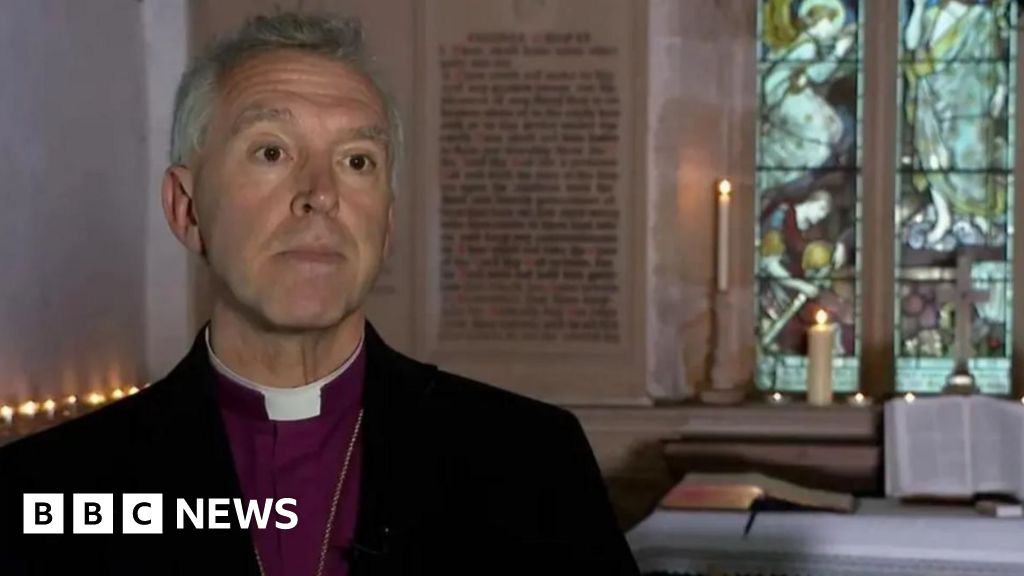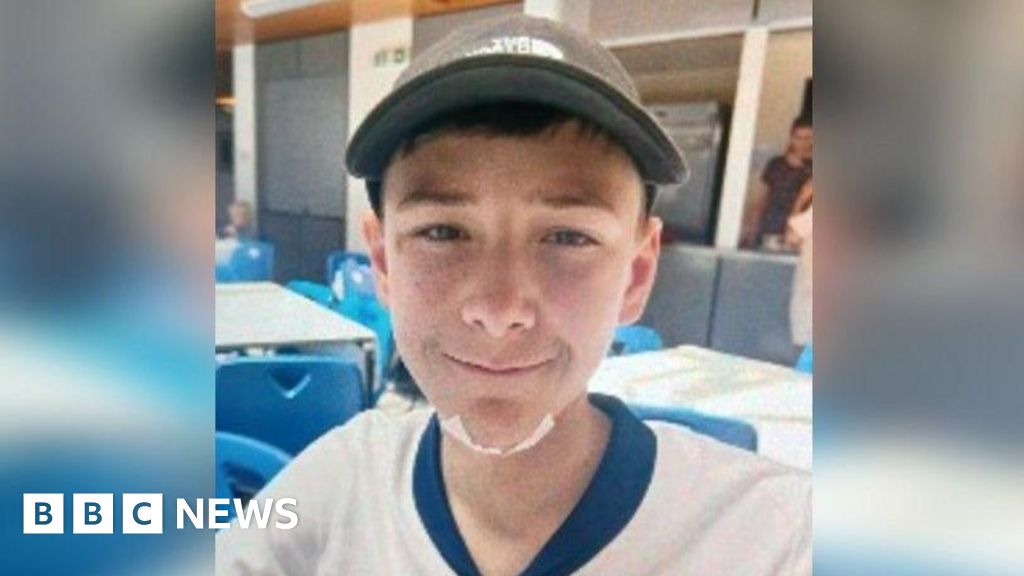CIPHER BRIEF EXPERT Q&A — NATO leaders convened at The Hague this week and agreed to raise the alliance’s defense spending target to 5% GDP, marking a significant pledge to expand defense capabilities. A key component is the 1.5% dedicated to defense- and security-related spending, a broad category that covers everything from critical infrastructure cybersecurity to upgrading transportation infrastructure for military logistics. Experts say this is a needed area to bolster defense posture, in addition to the traditional purchase of jets, tanks and arms.
Earlier this week, Rear Admiral Mark Montgomery urged NATO to adopt the 1.5% commitment in a piece in The Cipher Brief. He spoke with The Cipher Brief after the summit to assess the progress made and what must come next to translate those pledges into action.
Our conversation has been lightly edited for length and clarity.
The Cipher Brief: What do you think of the results of the summit? Success or still a lot of work?
RADM Montgomery: I think with an alliance like NATO, there is always a lot of work. You've got 32 countries, you have 32 ideas, you have 32 threat assessments. But I actually think it went exceptionally well. It went exceptionally well because Secretary General Rutte did a great job corralling the players, with the exception of Spain. But he did a great job with 31, and then he did a terrific job managing President Trump — and that's no easy feat.
This was a landmark summit. The Hague 2025 will be remembered for a true commitment to deterring Russia, and if necessary defeating them if they were to invade a NATO state. And the five percent is certainly part of it, but the language, the direction, the focus, the corralling back in of the United States, all that happened at this summit.
The Cipher Brief: One thing that wasn't really discussed in any kind of depth was Ukraine. Obviously with Russia being sort of the looming cloud over NATO, I'm wondering what your thoughts are on that.
RADM Montgomery: I fully support Ukraine and I think we should do as much as we can to help them. I recognize, though, that this 5 percent and the discussion of whether Article 5 applies really was about signatory states. There's a deep, deep issue there that we have to be agreed that we're going to defend Poland, Lithuania, Latvia, Estonia, particularly. I think they're the four most vulnerable states if they're attacked.
Separate from that is the issue that right now the European country in combat with Russia that was illegally invaded by Russia, Ukraine, has relied heavily on NATO support because most of NATO recognizes that if you don't deter Russia here, their next ambition could be Moldova, but it could be Estonia. It could be Romania or Georgia, or it could be the Suwalki Gap and a land bridge to Kaliningrad.
So with all that in play, it was critical that Zelensky got a good reception. I think he did. And the fact that the Ukrainian section was shortened from 42 paragraphs to 10 paragraphs, I don't care. In the end it said we support Ukraine. The NATO contact group is working hard to support Ukraine. European countries are giving Ukraine a lot of money.
The Cipher Brief brings expert-level context to national and global security stories. It’s never been more important to understand what’s happening in the world. Upgrade your access to exclusive content bybecoming a subscriber.
And here's the most important part: for the first time since his election, President Trump indicated he would keep the defense industrial base open for Ukraine or Europeans to purchase the critical air defense systems they need, and even referred to the U.S. potentially being involved in that. There is no European alternative to the Patriot line at Raytheon or to the AMRAAM line in the United States, which is the weapon that goes in their NASAMs air defense system. There's no European alternative to a million rounds a year of 155mm. You're going to need the U.S. to be involved in that. And therefore, it was critical for the president to say that these lines are available to Ukraine. And he did that on two or three different occasions. It wasn't as clean as I'd like it, but he clearly indicated that was his intention.
The Cipher Brief: Next steps for NATO. What do you think?
RADM Montgomery: First, glad to see the 5%. I was really glad that they broke it down to 3.5-1.5, mostly because they'd have never gotten a 5% on planes, tanks, and ships. You'd have had more than Spain break away then — you might've had the UK, France, and Germany. Or they'd put a due date like 2050, something that doesn't really matter. I'm disappointed it slipped to 2035. It should have been 2032 like the Eastern Europeans wanted. Most of the Eastern Europeans, by the way—Latvia, Lithuania, Estonia, and Poland—are passing through 4% already and heading to 5% within the next 12 months. And that's just on aircraft, ships, and tanks kind of stuff.
What I really loved about this was the 1.5%. This is about getting cyber right and critical infrastructure protection right. It's about building your defense industrial base. But talking about cyber and critical infrastructure, when you say what's next for NATO, at the last summit, they approved a NATO critical infrastructure center. They put it at SACEUR, and that's critical because what we have to do now is take that center as it comes online in the next year, SACEUR’s war plans, and this money and build the infrastructure that's necessary for the United States to flow our forces from the United States, the UK forces from across the channel, the French forces from deep in Europe—those brigades, divisions, and even corps—to be able to flow across Northern Europe from the ports and the airfields in Belgium, Netherlands, Germany, Poland, Luxembourg, France, and get to the fight. That is not protected right now. That critical infrastructure is not prioritized and protected in a meaningful way.
So, in my mind, the big NATO takeaway is 1.5 percent, the cyber center, and a SACEUR with a war plan. If we can now build ourselves the ligature to deter Russia and if Russia is foolish enough to attack, defeat Russia in an invasion of an Article Five-defended country.
Are you Subscribed toThe Cipher Brief’s Digital Channel on YouTube? There is no better place to get clear perspectives from deeply experienced national security experts.
Read more expert-driven national security insights, perspective and analysis inThe Cipher Brief because National Security is Everyone’s Business.

 4 hours ago
4
4 hours ago
4









